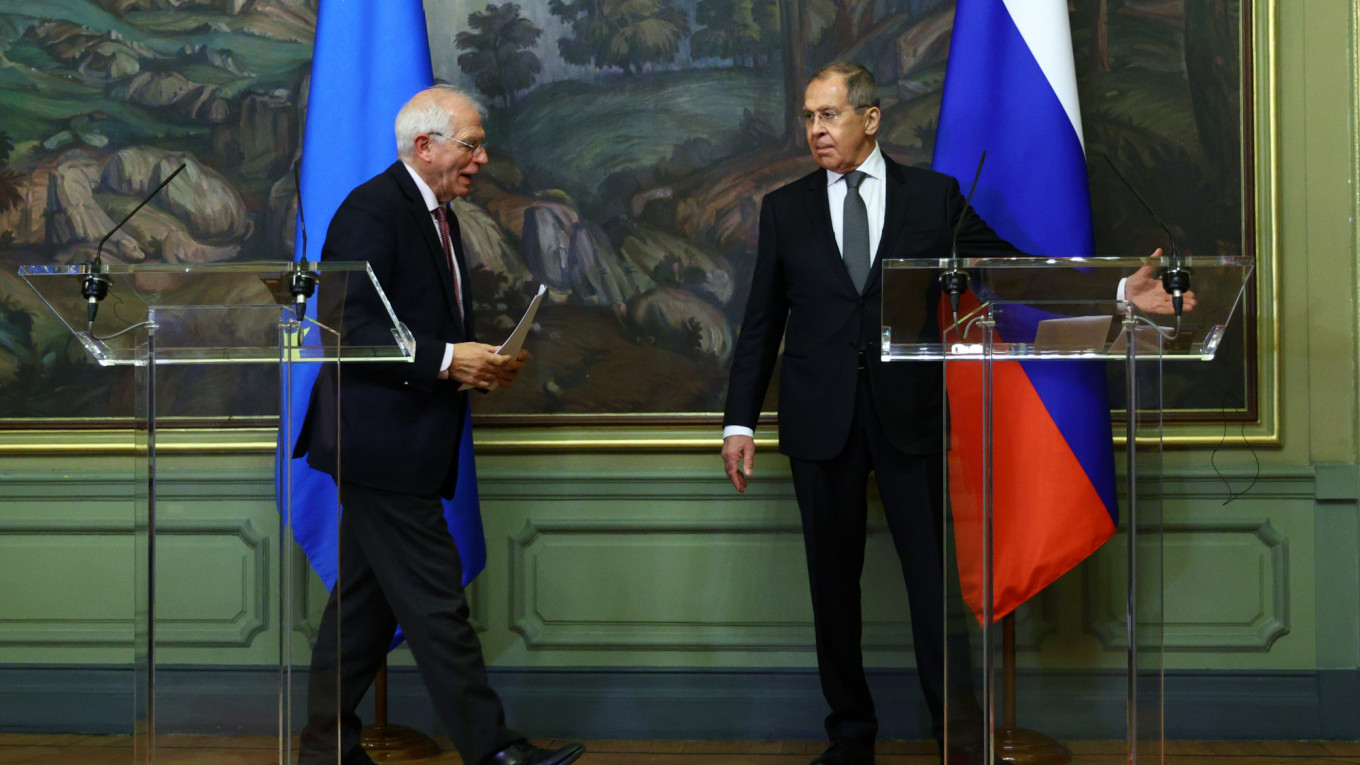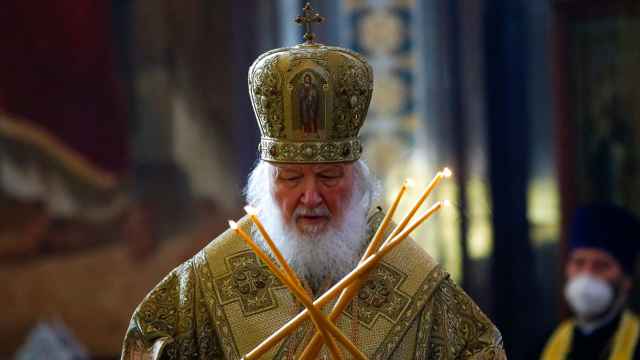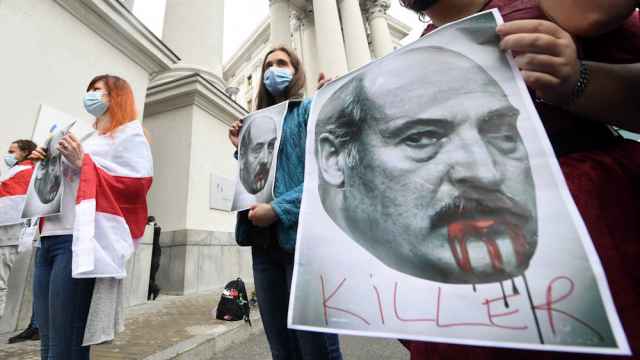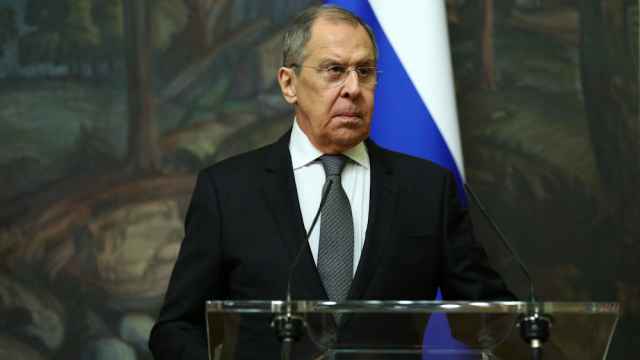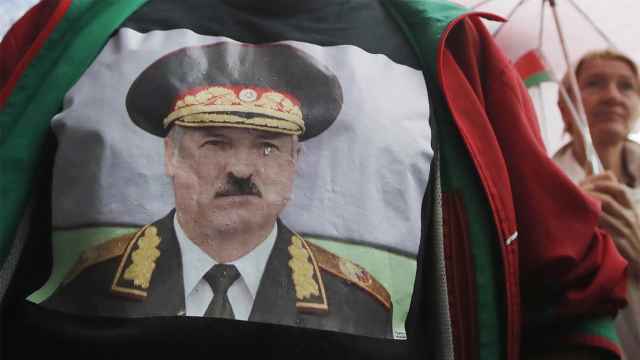The European Union's top diplomat Sunday said Russia was rejecting constructive dialogue with the EU and that Europe must draw the consequences, including the possibility of new sanctions.
In a blog post, Josep Borrell said the shock expulsion of three EU diplomats during his two-day visit to Moscow, showed that Russia "did not want to seize this opportunity to have a more constructive dialogue with the EU."
The bloc "will have to draw the consequences" he wrote, insisting that "it will be for member states to decide the next steps, and yes, these could include sanctions."
Borrell's trip, which ended on Saturday, had been a controversial journey that divided the EU's 27 member states, with France and Germany backing dialogue with the Kremlin.
Other countries backed a harder line after the jailing of Kremlin critic Alexei Navalny and a crackdown on pro-Navalny protesters that has seen more than 10,000 people arrested in recent weeks.
Borrell's trip took a negative turn when Moscow expelled diplomats from Poland, Germany and Sweden just hours after he met with Russian Foreign Minister Sergei Lavrov to discuss ties.
The former Spanish foreign minister described the trip as "very complicated" and said he returned to Brussels "with deep concerns."
"It seems that Russia is progressively disconnecting itself from Europe and looking at democratic values as an existential threat," he said.
Borrell, whose views do not necessarily represent the 27, defended his visit arguing that criticizing Russia from a distance "will not bring greater security to the EU."
"We have to face challenges, including meeting others in their home turf, just when negative events are unfolding" in order to better assess the action to take.
"If we want a safer world for tomorrow, we have to act decidedly today and be ready to take some risks," he said.
Borrell will debrief his trip to foreign ministers from the 27 member states on February 22 and EU leaders will discuss their strained ties with Moscow at a summit in March.
Drawing up EU sanctions are strictly up to the member states and require unanimity among the 27.
A Message from The Moscow Times:
Dear readers,
We are facing unprecedented challenges. Russia's Prosecutor General's Office has designated The Moscow Times as an "undesirable" organization, criminalizing our work and putting our staff at risk of prosecution. This follows our earlier unjust labeling as a "foreign agent."
These actions are direct attempts to silence independent journalism in Russia. The authorities claim our work "discredits the decisions of the Russian leadership." We see things differently: we strive to provide accurate, unbiased reporting on Russia.
We, the journalists of The Moscow Times, refuse to be silenced. But to continue our work, we need your help.
Your support, no matter how small, makes a world of difference. If you can, please support us monthly starting from just $2. It's quick to set up, and every contribution makes a significant impact.
By supporting The Moscow Times, you're defending open, independent journalism in the face of repression. Thank you for standing with us.
Remind me later.


